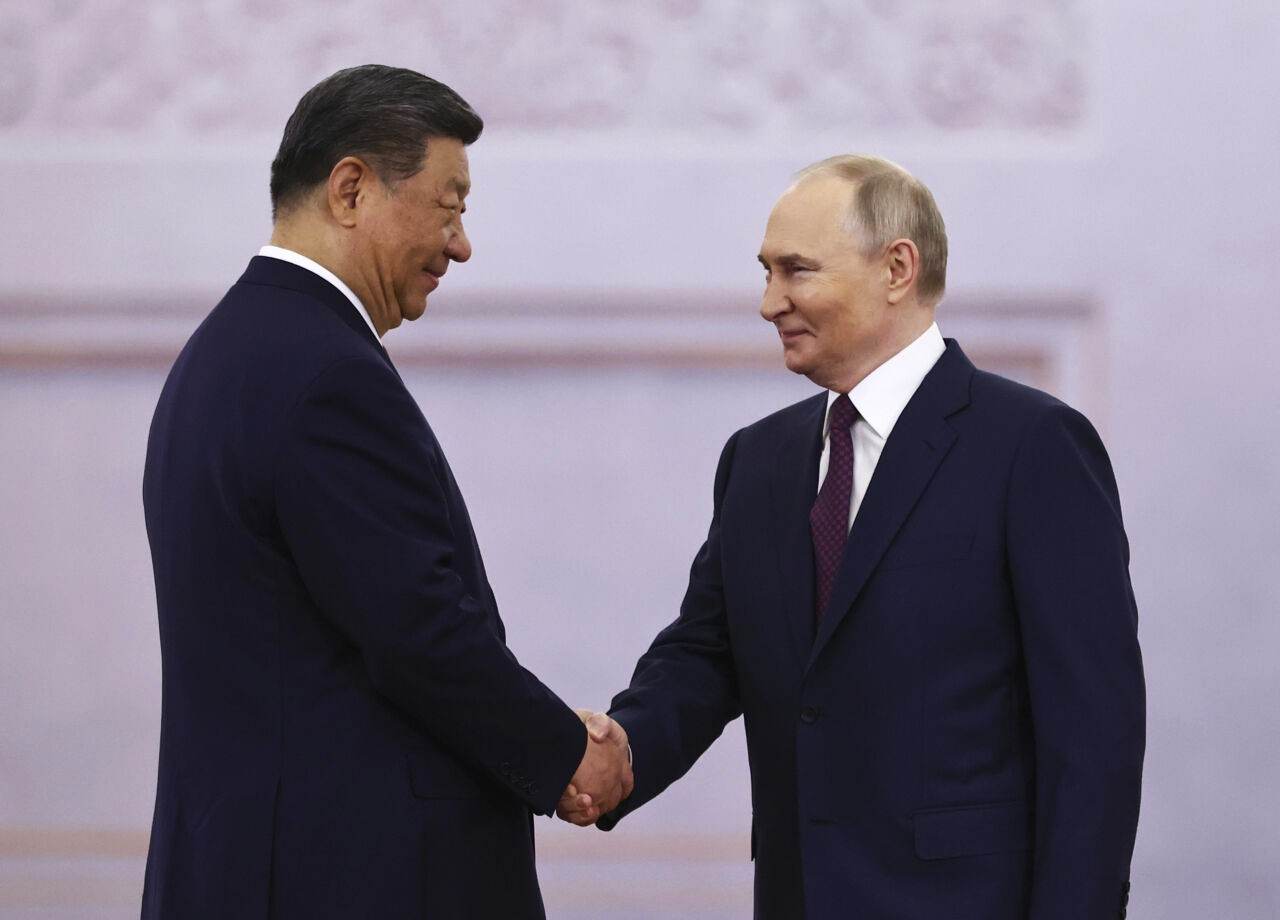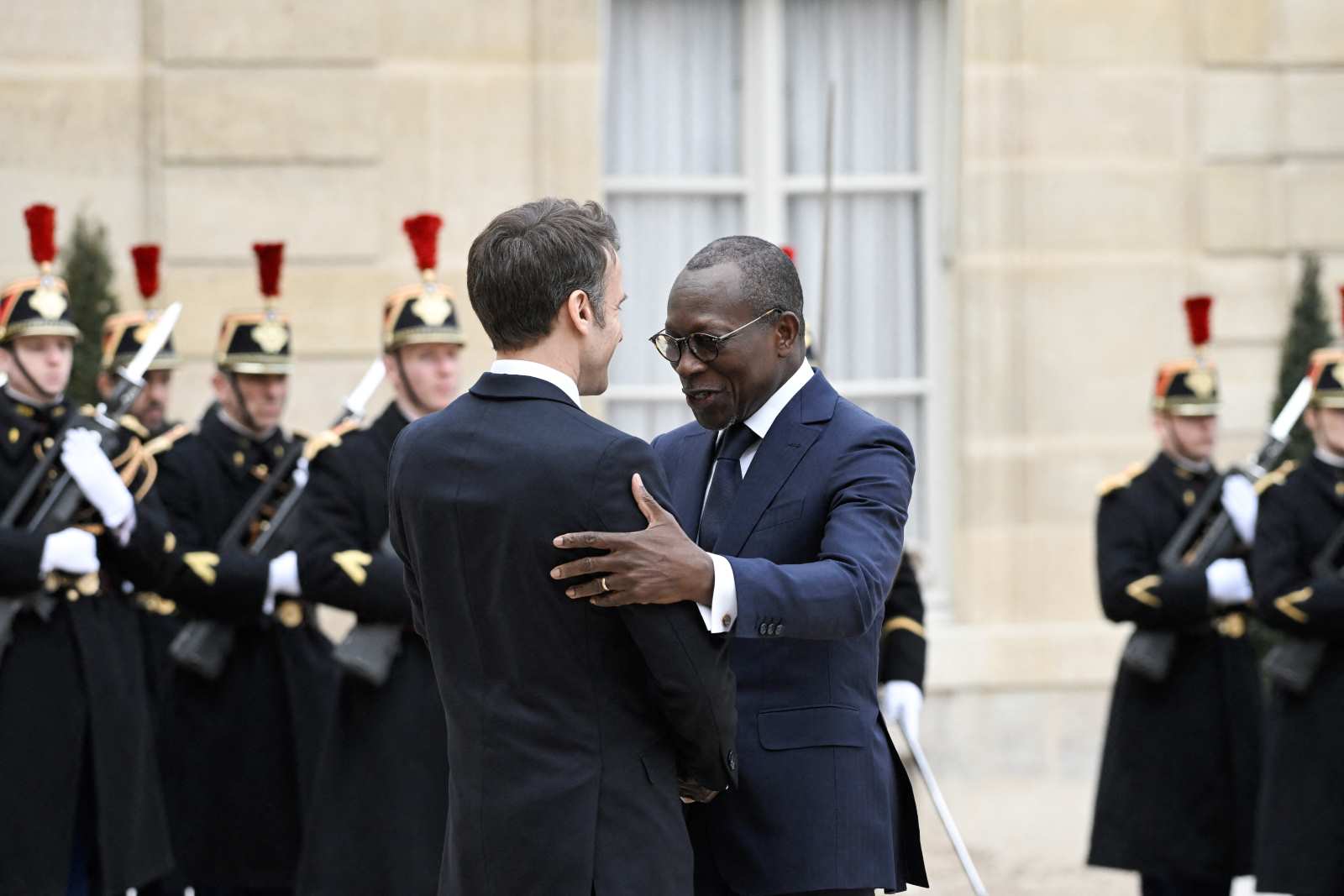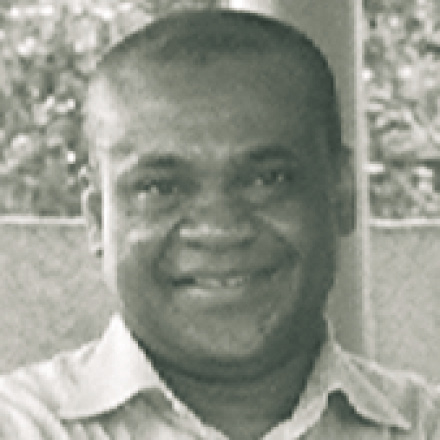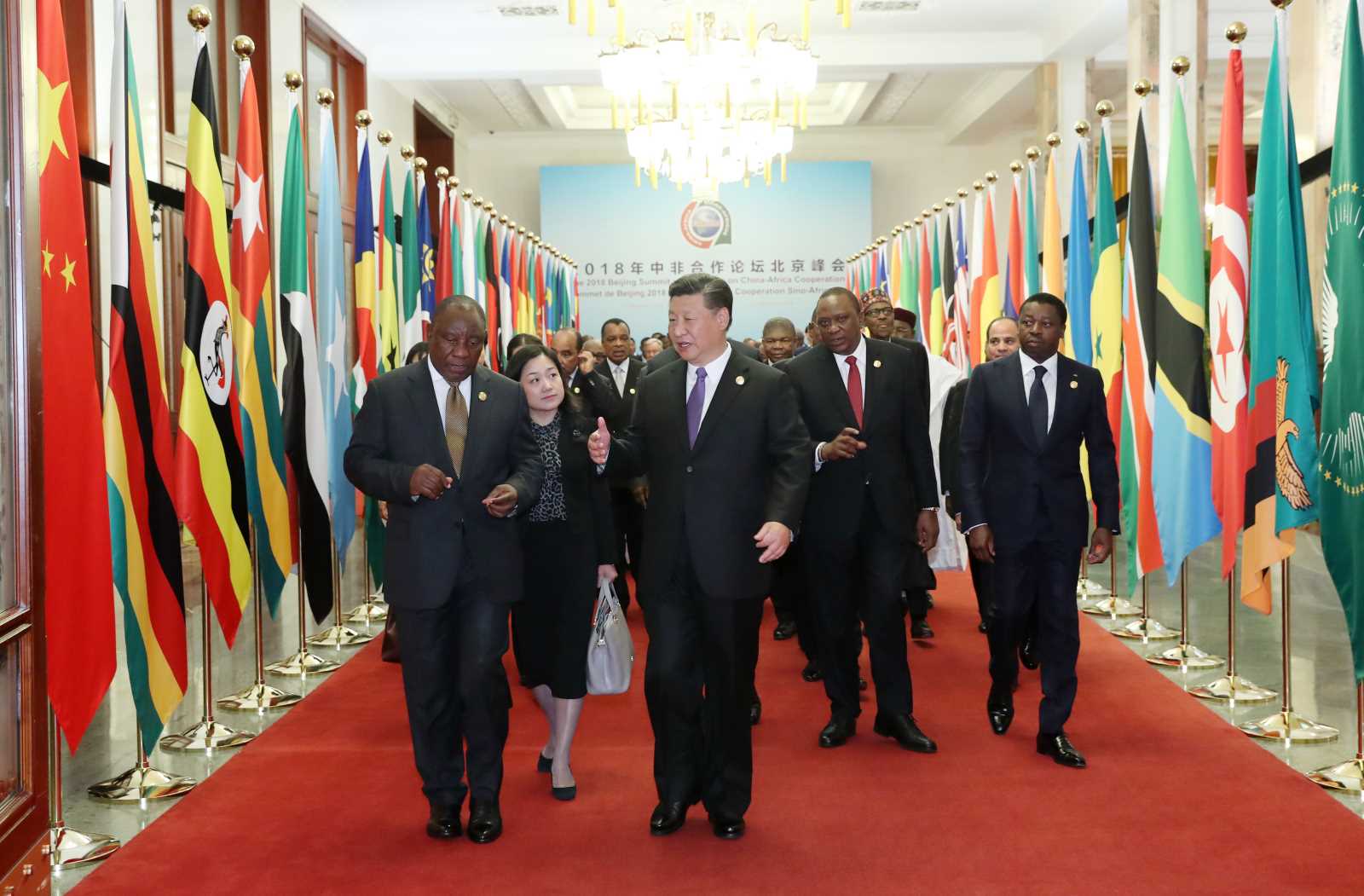Comment
Guatemalan government is teetering
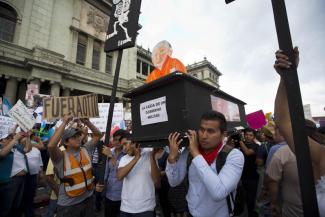
Crisis set in on 16 April 2015 for President Otto Pérez Molina and his government. That was the day that the UN Commission against Impunity in Guatemala (CICIG – Comisión International contra la Impunidad in Guatemala) revealed the malfeasance of a criminal network to which high ranking officers of the national tax office belonged. At its top was Oscar Monzón, the private secretary of the vice president. The CICIG indicated that Roxana Baldetti Elías, the vice president, was directly involved herself.
The news triggered a wave of discontent. Thousands gathered on the nation’s main squares to demand Baldetti’s resignation. She quit on 9 May. In late May, investigations against her were started. Her secretary Monzón has fled.
Bit by bit, the CICIG has since been revealing more tax evasion. In the meantime, the governor of the central bank and the director of the social-insurance office, who was the president’s personal secretary, have been arrested. They are accused of having illegally assigned a deal worth $ 15 million to Pisa, a pharmaceutical corporation. According to Accíon Ciudadana, a civil-society organisation, Pisa mismanaged the assignment and is responsible for the death of 15 patients.
Many other high-ranking leaders have since resigned, including the head of the intelligence service, Ulises Anueto, the minister of the environment, Michelle Martinez, and the minister for energy and mining, Erick Archila. Archila’s successor, Edwin Rhodes, stepped down after only a few days because of corruption charges.
The protesting people were particularly angry when the home minister, López Bonilla, resigned. They felt he was evading his responsibilities by withdrawing from office. He had failed to improve security in Guatemala as promised by his party in the election campaign. According to CEPAL, the UN Economic Commission for Central America and the Caribbean, Guatemala is one of the 14 most violent nations on earth. Human-rights activists, however, have recently been criminalised, and the freedom of expression has been restricted. The current crisis results from an infamous alliance that includes the business elite, the military, organised crime and the illegal drugs trade. The central government is involved, and so are local-government authorities. The underlying networks were formed during Guatemala’s long civil war from 1960 to 1996. President Molina is a former general and belongs to the power-hungry elite that relies on these networks.
Since the end of April, some 60,000 people have taken to the streets. The great diversity of the participants shows that corruption is being felt all over the country. Local health centres and schools are known to syphon of funds. Public assignments worth millions of dollars are handed out illegally. Social-security money is used to pay for election campaigns. Nepotism is perceived in the appointment of judges, and votes in parliament are bought to pass laws.
The demonstrators have overcome the fear of repression. They want the president to resign, all culprits to be put on trial and evaded taxes to be paid. They also demand structural reforms, including a new tax system, the introduction of term limits for mayors and members of parliament, and equal representation of men and women, as well as proportionate representation of indigenous communities in public offices and on electoral lists. Some activists demand that a new constituent assembly be elected to pass a new constitution. The presidential elections, which are scheduled for September, would have to be postponed accordingly.
Masses of Guatemalans are raising their voices. “We have come here for justice,” is a popular slogan on social media and the streets. This story has only just begun. How it will end, remains to be seen.
Patricia Galicia is a radio journalist in Guatemala City.
pati.galicia40@gmail.com
